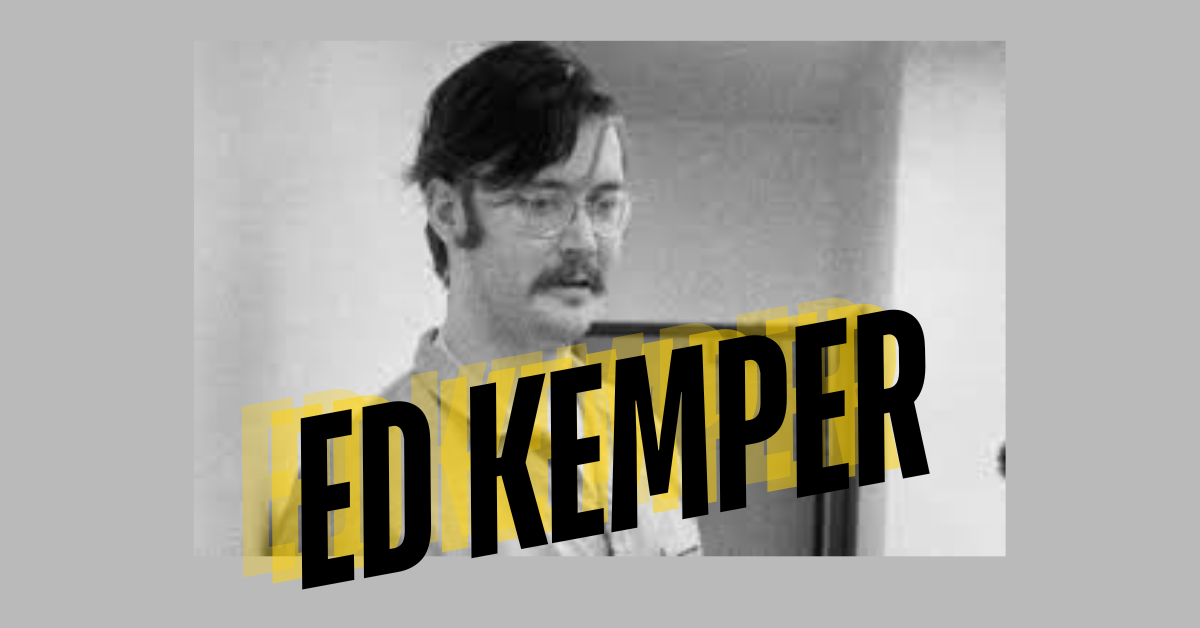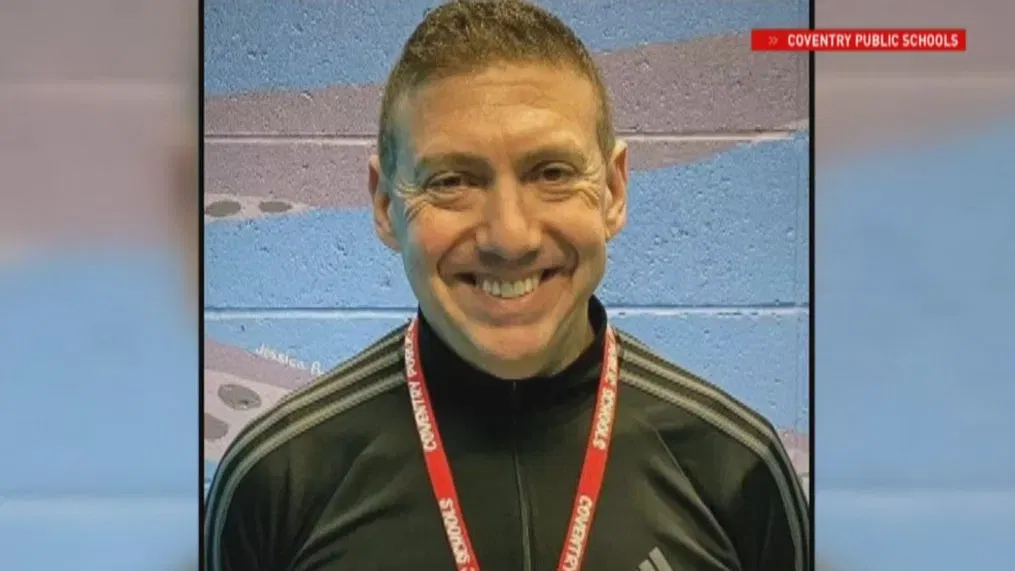Protests at the University of California, Los Angeles (UCLA) have escalated as pro-Palestinian and pro-Israel demonstrators clash amidst the ongoing conflict in Gaza. These clashes are part of nationwide rallies that have seen hundreds of arrests, reflecting the deep divisions and tensions surrounding the Israel-Gaza conflict. Despite calls for peaceful demonstrations from the White House, incidents of violence and hate speech have marred many of these protests. The Gaza Protest Groups Clash at UCLA highlight the challenges faced by university officials and law enforcement in managing the escalating tensions on campus.
Clashes at UCLA
At UCLA, tensions between pro-Palestinian and pro-Israeli groups reached a boiling point as physical altercations broke out. The clashes occurred after a barrier separating the two sides was breached, prompting campus police to intervene. The violence marked a stark escalation in the ongoing demonstrations, which had previously remained relatively peaceful. Both groups, represented by a growing pro-Palestinian encampment and a counter-protest organized by the Israeli American Council (IAC), have been vocal in expressing their respective positions on the conflict.
Government Response and Concerns
The White House has affirmed the right to peaceful protest while condemning instances of antisemitism and hate speech associated with the demonstrations. National Security Council spokesman John Kirby emphasized the need for demonstrations to remain peaceful, expressing concern over reports of antisemitic incidents. These incidents, including those at Columbia University and elsewhere, have raised alarms about the broader implications of the protests and the potential for violence on university campuses.
Roots of the Conflict
The clashes at UCLA and other campuses across the US are rooted in the long-standing Israel-Palestine conflict, which has seen a recent escalation in violence. The conflict was reignited after a Hamas attack on October 7th, resulting in casualties on both sides. The subsequent Israeli military assault on Gaza has further inflamed tensions, leading to widespread protests and demonstrations globally. The situation has been exacerbated by outside groups infiltrating the protests, according to university officials and law enforcement.
National Uprising on US Campuses
In response to the conflict, a nationwide uprising has emerged on US campuses, with students demanding a ceasefire and calling for divestment from Israel. The movement gained momentum following the arrest of over 100 protesters at Columbia University, where police intervened to clear an encampment. Since then, hundreds more have been arrested as protests spread to other universities, including Yale University and Washington University in St. Louis, Missouri.
Call for Divestment
Protesters are demanding that universities with significant endowments cut their financial ties with Israel, arguing that investments in companies doing business with or in Israel contribute to the ongoing violence in Gaza. This call for divestment has gained traction among activists who believe that economic pressure can help bring about change in the conflict. McGill University in Canada has also seen protests, with a pro-Palestinian camp established on its grounds.
Antisemitism Concerns
While advocating for Palestinian rights, some protesters have faced accusations of antisemitism, prompting concerns from Jewish students and university officials. Reports of antisemitic slurs, signs supporting Hamas, and physical altercations have raised alarm about the safety of Jewish students on campus. Universities such as Northeastern University in Boston have reported incidents of virulent antisemitism, attributing them to outside agitators.
Recent Developments
Recent developments underscore the intensity of the protests and the challenges faced by universities in managing them. Green Party presidential candidate Jill Stein was among those arrested at Washington University, while protesters at Yale University established a new encampment after police cleared the previous one. California State Polytechnic University, Humboldt, has shifted to virtual classes amidst the escalating tensions.
Conclusion
Gaza Protest Groups Clash and the broader protests on US campuses reflect the deep divisions surrounding the Israel-Palestine conflict. While students exercise their right to protest, concerns about antisemitism, violence, and outside interference have complicated the situation. University officials and law enforcement face the difficult task of balancing free speech with maintaining a safe and inclusive campus environment. As the protests continue, the need for dialogue, understanding, and peaceful resolution remains paramount in addressing the underlying issues fueling the conflict.





